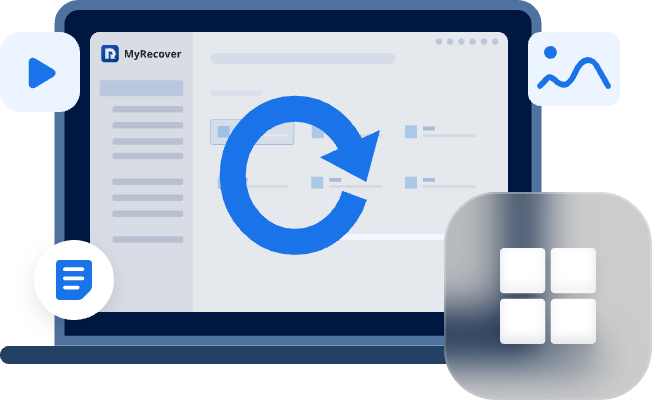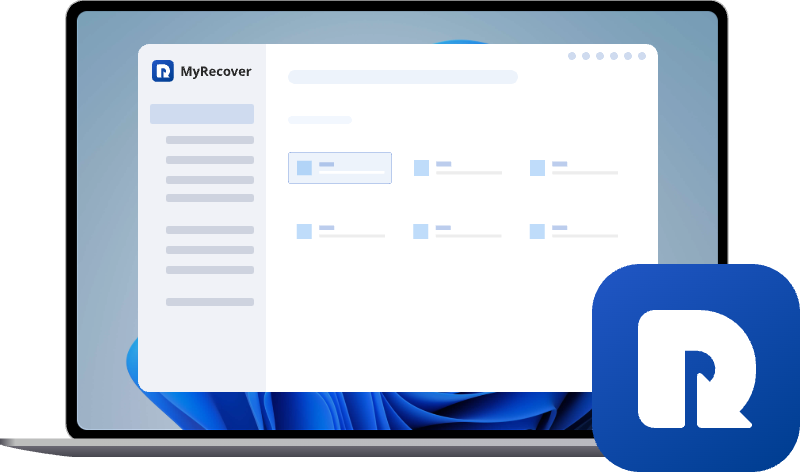Formatted Partition Recovery Software Free Download [All Windows PC & Server]
Whether you accidentally formatted a partition or need to recover important files after formatting, this guide outlines proven methods specifically for Windows users. With step-by-step instructions, you’ll learn how to use built-in tools and specialized software to recover your formatted partition.
Does Formatting a Partition Delete Everything?
In some exceptional cases such as data crashes, virus and malware infections, formatting a partition becomes a necessary option. When you format a partition, it may seem like everything is gone. Does formatting a partition delete everything? No exactly! Choosing different formatting methods yields varying results.
- Quick Format: only erases file system tables (like FAT32/NTFS/exFAT), leaving files recoverable with the right tools until overwritten by new data.
- Full Format: overwrites the entire partition with zeros, makes recovery nearly impossible without specialized hardware tools.
Formatting a partition essentially prepares it for new data by clearing the file system and removing pointers to files. While this process deletes the file system's index of stored files, the actual data often remains on the disk until new data overwrites it. This means there is still a chance to recover files from a formatted partition—if you act quickly before the data is overwritten.
How to Recover Files from Formatted Partition Free on Windows 10
If you’ve accidentally formatted a partition and lost valuable files, take it easy! There are effective methods to recover data from a formatted partition, even after a full format. No matter how complex the data loss situation is, checking for backups should be the top priority. If no backup is available, here are two professional data recovery tools to help you retrieve your lost data: Windows File Recovery and MyRecover.
1. Check for Backup
The first step in recovering files from a formatted partition is to check if you have any backups of the lost data. Windows 10 provides multiple backup solutions that automatically save versions of your files. If you’ve set up these features before the partition was formatted, you may be able to restore your data easily.
✅Option A. File History
If you have enabled File History, just follow these steps to recover files from backup.
Step 1. Type "Restore your files with File History" in the search box and open it. Check the folder you want to recover if exists in the backup.
Step 2. If exists, click the "Restore" button to recover it.
✅Option B. Backup and Restore (Windows 7)
Backup and Restore is another backup tool built-in Windows, which back up the full system including your personal files. If you have created a backup, you can restore the files using this feature.
Step 1. Open "backup settings" and choose "Go to Backup and Restore (Windows 7)".
Step 2. Choose "Select another backup to restore files from" and choose a created backup.
Step 3. Select files or folders you want to recover and choose a destination folder to save them.
Step 4. Click "Restore" to start the process. When it's finished, click "View restored files" to check them.
✅Option C. Cloud Backup
Cloud storage tools like OneDrive, Google Drive or Dropbox are also good options to recover lost files, if you have synced files on the formatted partition to them. Take OneDrive as an example here:
Step 1. Sign in to OneDrive with your account.
Step 2. Locate the "Recycle Bin" section, and browse through the files you wish to recover.
Step 3. Select them and click "Restore".
2. Free Download Formatted Drive Recovery Tool - Windows File Recovery
Developed by Microsoft, Windows File Recovery is a free command-line tool for formatted partition recovery exclusive to Windows 10 and subsequent versions. Engineered to address data loss scenarios, this tool enables users to retrieve deleted or missing files from various local storage devices, including internal hard drives, external HDDs/SSDs, SD cards, and USB flash drives. To recover lost data using Windows File Recovery command, follow the step-by-step instructions outlined below.
Step 1. Download and install Windows File Recovery on your computer from the official Microsoft channel.
Step 2. Type "Windows File Recovery" in the search box and right click to choose "Run as administrator".
Step 3. Select the appropriate command to recover files from a formatted partition.
☀️Case 1. If you want to recover all files from the formatted HDD and don't mind waiting longer, you can enter the following command "winfr H: D: /extensive". Replace the drive letters "H" (the source drive letter) and "G" (the destination drive letter) with your actual drive letters. The same applies below.
☀️Case 2. If you don't have the patience to wait for a thoroughly deep scan, you can perform a quick scan and enter the command "winfr F: E: /regular".
☀️Case 3. If you want to recover specific file types like MP3, TXT, etc., you can enter the following command "winfr G: E: /extensive /n *.mp3".
☀️Case 4. If you want to recover files from a specific folder, just type the command "winfr F: E: /regular /n documents\video\".
Don't forget to press "Enter" after inputting the command to start the recovery process. Once the process is finished, press "y" to check the recovered files in the destination folder.
3. Free Download Formatted Partition Recovery Software - MyRecover
If you dislike command-line tools and have no backups, MyRecover is specifically designed for you. Featuring a newbie-friendly GUI, MyRecover allows data recovery with simple icon clicks—no technical skills needed, unlike command-line methods. It requires no backups and is perfectly safe for beginners, as it never overwrites formatted data during the recovery process.
Additionally, MyRecover boasts powerful compatibility, running smoothly on Windows 11/10/8/8.1/7 & Server. It addresses a wide range of complex data loss scenarios, including unreadable hard drives, formatted partitions, system crashes (only available for paid versions), and more.
4 steps to recover files from formatted hard drive on Windows
Step 1. Download and install MyRecover on your computer.
Step 2. Select the formatted drive to scan for lost files and click "Scan".
Step 3. Choose files you wish to recover from the recoverable lists and click "Recover".
Step 4. Select a safe location to save the recovered files.
When the process is completed, the message "Files have been recovered successfully" will pop up. You can click the designated folder to check them.
Conclusion
Losing data due to a formatted partition doesn’t mean all hope is lost. With the right tools and techniques, you can recover your files even after a format. Remember, the sooner you attempt recovery after formatting a partition, the better your chances of success. Data recovery tools work best when the formatted partition hasn’t been overwritten with new data.
If you're seeking a completely reliable data recovery tool, MyRecover is worth a try. It also offers a Professional version to meet more advanced user needs, such as previewing file contents and recovering files from a crashed system.


